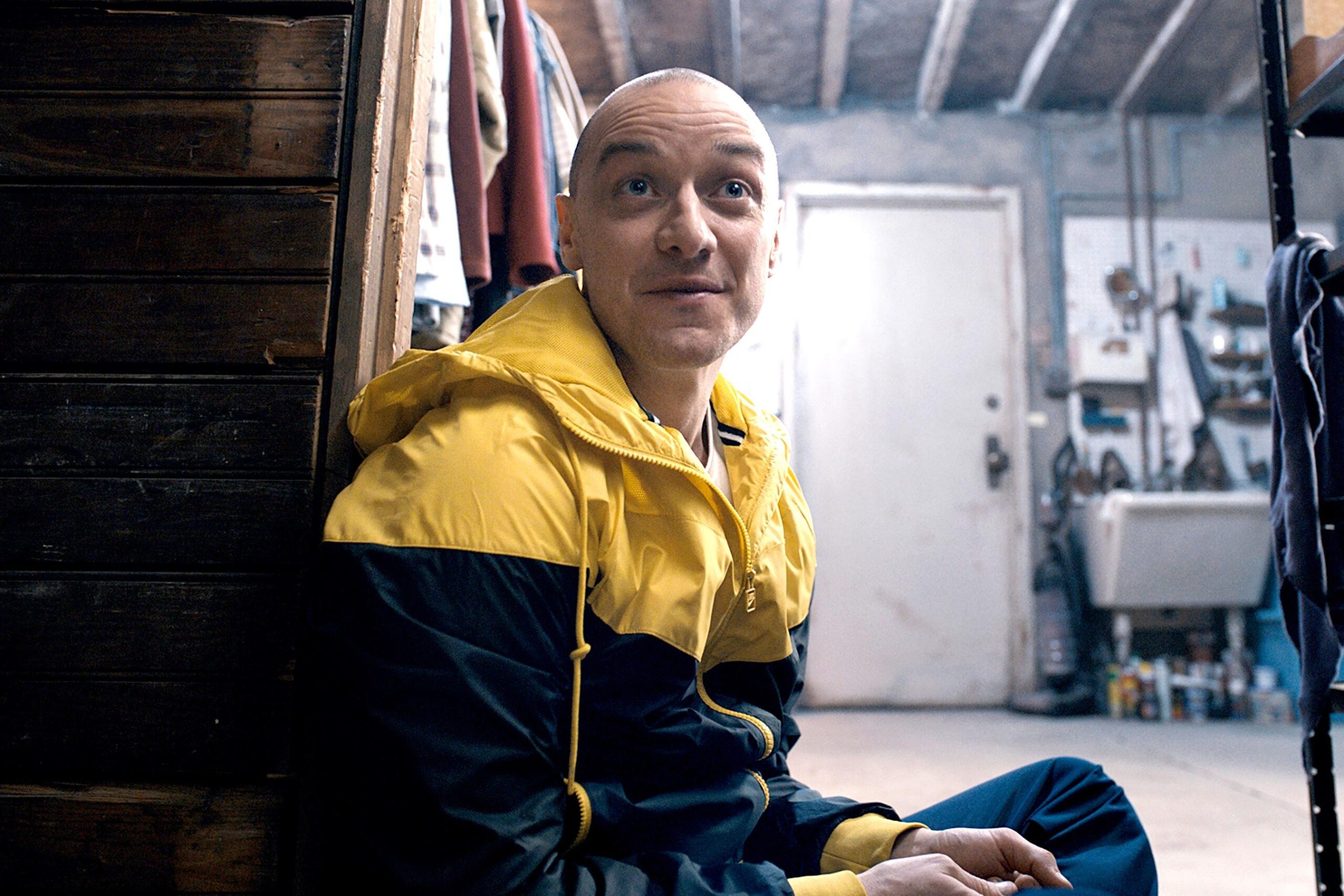M. Night Shyamalan’s Split is a surprisingly thoughtful thriller doling out waves of psychology and shocks, a return to form for the once heralded filmmaker after a string of high-profile misfires.
Shyamalan, whose career high came at the beginning with 1999’s The Sixth Sense, has toiled around with lesser fare for the better part of the last two decades with such lackluster outings as The Village, The Happening, The Lady in the Water and After Earth, bombs prematurely signaling a career in spiral after early, respectable mysteries Unbreakable and Signs.
The issue? Clearly Shyamalan’s desire to make good on the onus of a too-early reputation as a master of the plot twist and likened to both Spielberg and Hitchcock, too-mighty shoes for any new filmmaker to fill. Such labels led to a raising of expectations and outlandish, disappointing screenplays intent on subverting expectations to the point of silliness, each lacking in the elegance of the picture that put him on the map. 2015’s minor key The Visit provided some evidence the director was getting his groove back. Split is the confirmation.
Starring James McAvoy as a dissociative identity disorder patient who kidnaps three teenage girls and holds them captive in a subterranean lair, the new film presents a familiar scenario—women imprisoned by a madman, impending doom—but it also has the integrity to convincingly explore his psychological affliction full stop, a portrait of increasingly twisted, rising psychosis. And that makes this admittedly scary film, which explores and much as exploits his condition, a gripping ride with as much good talk as thrills.
The setup—teens Anna Taylor-Joy (The Witch) and friends Haley-Lu Richardson (The Edge of Seventeen) and Jessica Sula are kidnapped in a mall parking lot by a mild-mannered stranger (McAvoy) in a scene that plays like every parents’ greatest nightmare. Yet, it gets much worse.
That stranger is one Kevin Wendell Crumb, harboring 23 defined personalities deep within his psyche where “Dennis,” the kidnapper, resides. Crumb lives in one of those dank and indistinguishable underground, maximum-security basements with, naturally, a concrete holding cell.
The first part of the picture focuses on the girl’s efforts to escape, with outcast Casey (Taylor-Joy), the defacto leader. But after hearing multiple voices outside their locked room and realizing that they are all coming from their captor, she fearfully seeks to bond with him.
This proves impenetrable when it’s revealed that there are other personalities continually shifting around each time he visits them—a stunted child, a refined British woman, a fey fashion designer and more—so the ability to gain empathy is near impossible.
In the outside world, Dennis carries on an intense relationship with his longtime doctor, a renowned psychiatrist named Dr. Fletcher (marvelous Betty Buckley) who fields his increasingly frequent emails and counsels him in her tony brownstone office. These sessions, as McAvoy and Buckley sit opposite and the different personalities are coaxed “into the light” by Fletcher, are the film’s most effective, McAvoy’s immediate and seamless vocal and physical transitions astonishing.
But to Fletcher, something isn’t quite right with the man, and in a scary scene he warns of a heinously fearsome personality yet to be seen—it’s named “The Beast,” and it’s coming all right, unless Fletcher can find a way to stop it.
It should be mentioned that Buckley gets her best movie role ever as the concerned shrink who believes she has made a medical breakthrough in finding a way for her patient to integrate all personalities into a stable one. But she is in for a big surprise. The actress, in the business for four decades (and appearing for Shyamalan once before in the unfortunate The Happening), gives the movie with a real sense of seriousness, a literate backbone in her speeches and sessions.
Meanwhile, the increasingly desperate teens try everything to break free—tunneling through ceilings, tentative confrontations—and through flashbacks, we learn that Casey herself may have a symmetry with her captor, herself having been the a childhood abuse victim which may be the root of the movie’s title.
What makes Split special—beyond its impeccable camera, editing and set design—is the central relationship between doctor and patient, one that has the intellectual curiosity to present a believable psychological mystery with solid medical context and healthy expository support, delivered in close-up by a pair of terrific actors who elevate the material to intense psychodrama.
The climax expectedly trafficks in animalistic shocks and exploitative gore, somewhat jarring given the measured tone prior, but they nonetheless supply the requisite audience goosing.
3 1/2 stars.



